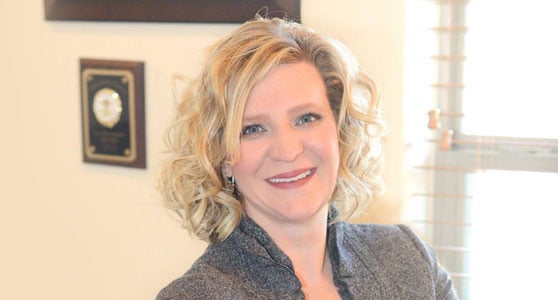Under Texas law, residents may pursue a no-fault divorce option when they wish to end their marriages. However, what it actually means to get a no-fault divorce may be confusing to some individuals. This informational post will discuss the process of pursuing a no-fault divorce and what may be offered in court to prove it is an appropriate action between two married people. As with all posts on this legal blog, readers are reminded to seek legal counsel from trusted family law attorneys and not to read advice from the contents of this post.
Fault vs. No-fault
Grounds for divorce may be classified as fault or no fault. When a person does something that ends their marriage, it may fall under one of the recognized categories of fault under Texas law. These categories include cruelty, confinement in a mental institution, adultery, and others. When an individual pleads a ground of fault, they must offer evidence to show that their divorce should be ended because of their spouse’s actions.
In a no-fault divorce, however, an individual does not have to cite a specific ground of fault to have their marriage ended. Rather, they must show that their marriage is insupportable, or that there is no way for it to survive because of the conflict that exists therein. No-fault divorce does not mean that the parties agree on all matters related to their divorce, but it does mean that they are not assigning blame for the end of the marriage on each other.
Choosing divorce to end an marriage
Fault and no-fault divorces can be mediated or litigated, and when they are litigated, they can look rather similar. Fault-based divorces, though, generally involve showings of evidence that demonstrate the culpability of one of the parties as responsible for causing the marriage to end. Readers who have questions about how best to pursue divorces in their own lives should seek legal advice from divorce and family law attorneys that they know and trust.



